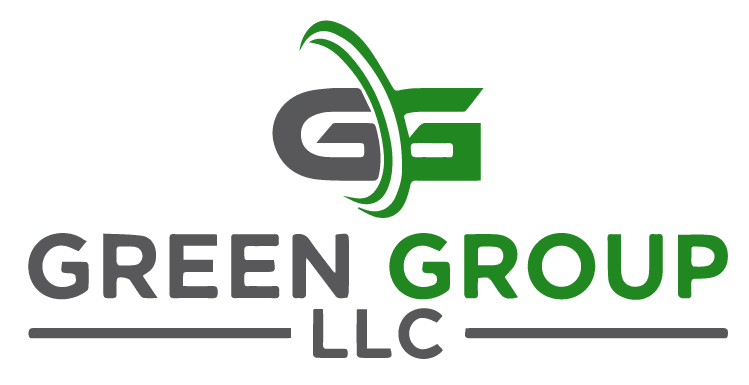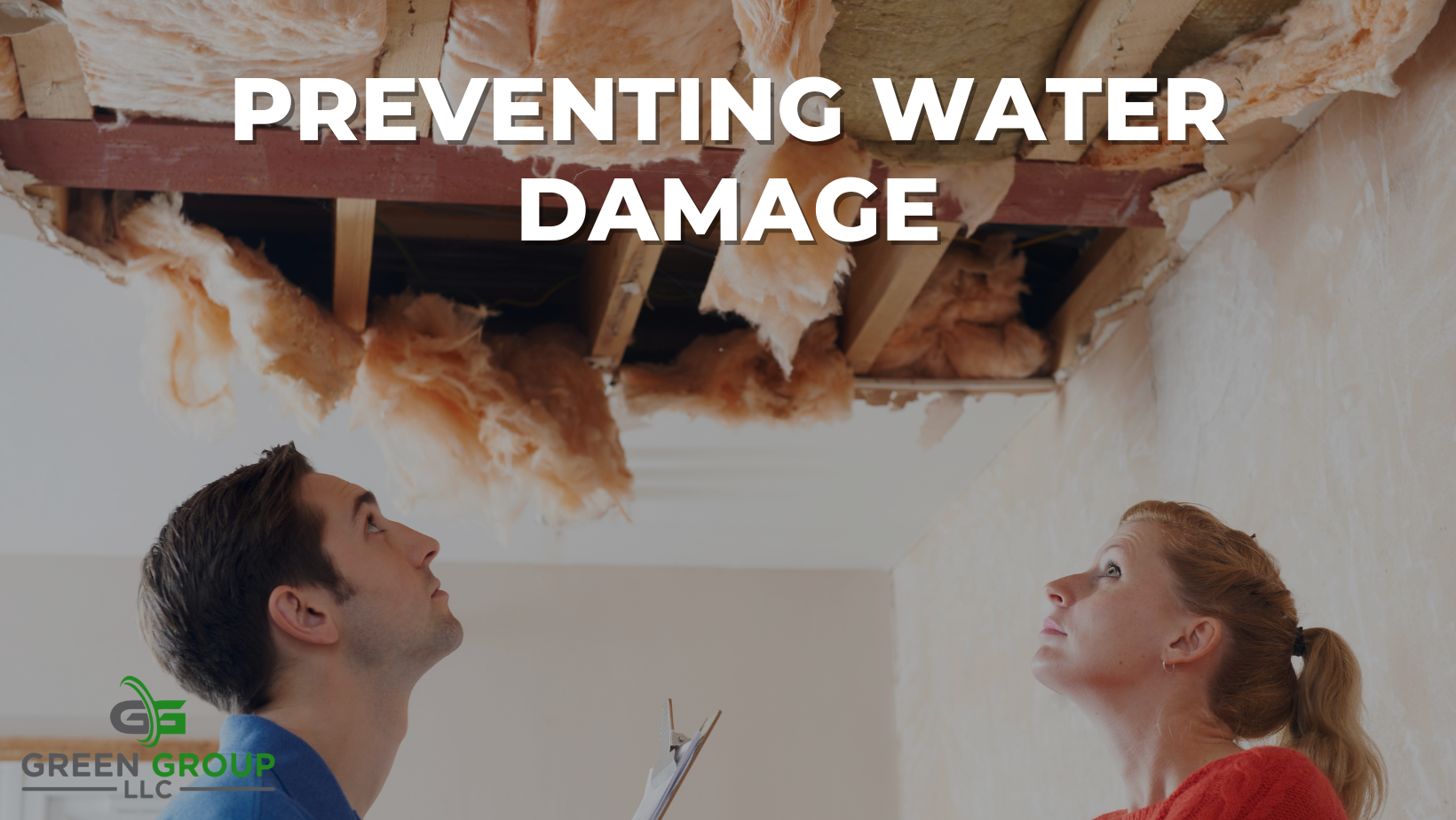Water damage is one of the most common and costly problems homeowners face. It can lead to structural damage, mold growth, and loss of personal property. While some water damage is unavoidable due to natural disasters, many instances can be prevented with proactive measures.
Got Water Damage? Contact Green Group Today.
If you experience any plumbing-related water damage or need professional assistance with preventative measures, don’t hesitate to contact Green Group. Our experienced team is ready to help you with all your plumbing needs, ensuring your home remains safe and dry. Call us today at 615.756.5057 or schedule an appointment online. Your home’s safety is our top priority.
At Green Group, we understand the importance of safeguarding your home from water damage. Here are some essential tips to help you prevent water damage and maintain a dry, healthy home.
Regular Maintenance and Inspections
- Inspect Your Roof and Gutters Regularly check your roof for damaged, loose, or missing shingles. Ensure that your gutters and downspouts are clear of debris and direct water away from your home’s foundation. Clogged gutters can cause water to overflow and seep into your home, leading to water damage.
- Check for Leaks Inspect your home for any signs of leaks, such as water stains on ceilings or walls, musty odors, or the sound of dripping water. Pay close attention to areas around windows, doors, and plumbing fixtures. Early detection of leaks can prevent extensive water damage.
- Maintain Your Plumbing System Have a professional plumber inspect your plumbing system regularly. Check for signs of corrosion, leaks, or other issues that could lead to water damage. Replace old or damaged pipes and fixtures to ensure your system is in good working condition.
Prevention Measures
- Install Water Alarms Water alarms are an excellent investment for preventing water damage. These devices can detect leaks or excess moisture and alert you before significant damage occurs. Place them near water heaters, sump pumps, washing machines, and other areas prone to leaks.
- Use a Sump Pump If your home is prone to basement flooding, a sump pump is essential. Ensure your sump pump is working correctly and consider installing a battery backup in case of power outages. Regularly test the sump pump to make sure it activates and pumps water away from your home.
- Proper Landscaping Ensure that your yard slopes away from your home to prevent water from pooling around the foundation. Avoid planting trees or shrubs too close to your home, as roots can interfere with your foundation and plumbing. Use mulch and ground cover to help absorb rainwater and prevent erosion.
Indoor Precautions
- Use Water-Resistant Materials In areas prone to moisture, such as basements and bathrooms, use water-resistant materials. Opt for tile, vinyl, or concrete flooring instead of carpet. Consider using moisture-resistant drywall and paint to minimize water damage in case of a leak.
- Keep Drains Clear Regularly clean your drains to prevent clogs that could lead to water backups. Avoid pouring grease, hair, or other debris down the drain. Consider using drain guards to catch debris and keep your pipes clear.
- Insulate Pipes Insulating your pipes can prevent them from freezing and bursting during cold weather. Pay special attention to pipes in unheated areas, such as attics, basements, and garages. Use pipe insulation sleeves or heat tape to protect them from freezing temperatures.
Proactive Steps
- Know Your Water Main Locate your water main shutoff valve and ensure everyone in your household knows how to turn it off in case of an emergency. Quickly shutting off the water supply can prevent extensive water damage in the event of a major leak or burst pipe.
- Monitor Water Pressure High water pressure can strain your plumbing system and lead to leaks or bursts. Use a water pressure gauge to check your home’s water pressure. If it’s above 80 psi, consider installing a pressure regulator to protect your pipes.
- Install Backflow Valves If your home is at risk of sewer backups, consider installing backflow valves on your main sewer line. These valves prevent sewage from backing up into your home during heavy rains or floods, protecting your property from severe water damage.
Emergency Preparedness
- Create an Emergency Kit Prepare an emergency kit that includes essential items like flashlights, batteries, bottled water, a first aid kit, and important documents. In case of severe weather or flooding, having these items readily available can make a significant difference.
- Develop a Plan Create a plan for how you and your family will respond to potential water damage. Identify safe areas in your home, know how to shut off utilities, and establish a communication plan in case you are separated during an emergency.
If you experience any plumbing-related water damage or need professional assistance with preventative measures, don’t hesitate to contact Green Group. Our experienced team in Nashville is ready to help you with all your plumbing needs, ensuring your home remains safe and dry. Call us today at 615.756.5057 or visit our website to schedule an appointment. Your home’s safety is our top priority.
Water damage can have devastating effects on your home, but many instances are preventable with the right precautions and regular maintenance. Following these tips can significantly reduce the risk of water damage and protect your home and belongings.

